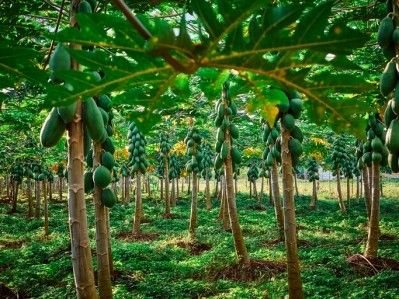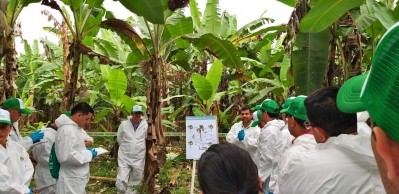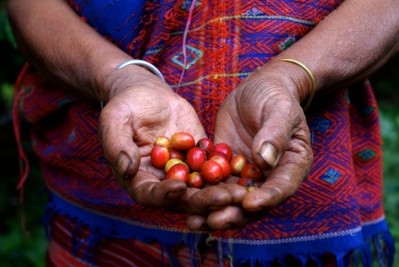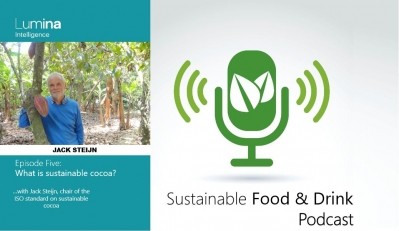CONACADO cocoa cooperative: 'This could destroy businesses like ours'
EU organic regulation could damage small-scale Latin American farmers, warns Fairtrade International
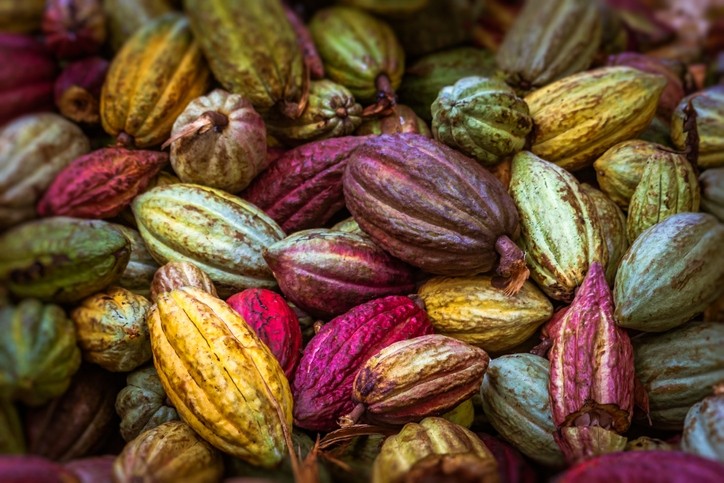
Under the proposed EU Organic Regulation, which is set to enter into force on January 1, 2021, cooperatives and producer groups will be limited to 1,000 members and individual farm size to five hectares.
According to Fairtrade International, being able to group together in larger cooperatives or associations enables small-scale farmers to reduce costs, make joint investments, and strengthen their negotiating power. It argues that splitting cooperatives into smaller groups would increase their costs and paperwork, making them less able to weather the shocks of global commodity markets.
Worldwide, the proposed regulation could impact more than 2.6 million organic producers.
A spokesperson for Fairtrade International told FoodNavigator-LATAM: “It will be extremely challenging for Fairtrade and organic certified banana farms to comply with the proposed maximum farm size of five hectares for example, especially in the Dominican Republic and Ecuador. And a new requirement that the certification of inspection must be ready at port of loading is unrealistic for fresh fruit.
“Many Fairtrade coffee, cocoa, and banana cooperatives export themselves and under the new regulation would need to set up a separate entity to do this which would be very challenging and costly for them.”
Impact in Latin America
In Latin America and the Caribbean, there are 556 small-scale farming organizations that are certified Fairtrade and also farm organically. These organizations represent more than 180,000 farmers.
For organic alone, there are around 350,000 organic farmers in Latin America who farm under group certification, and will be impacted, according to a 2019 report by FiBL, the Switzerland-headquartered research institute for organic agriculture.
The main products being farmed under the group certification model are coffee and cocoa, but also sugar, honey, cotton, aromatic plants, and tropical fruits while the top three countries for organic group certification are Mexico with around 140,000 farmers, Peru with 110,000 farmers and the Dominican Republic with 30,000 farmers, according to the same FiBL report.
Mexico, Peru, and the Dominican Republic also have high numbers of Fairtrade producers but certified producers from other countries such as Ecuador, Paraguay, Bolivia and Guatemala, have also voiced “extreme concern”, said Fairtrade International.
The main Fairtrade products being produced in Latin America are coffee, bananas, sugar, and cocoa. According to Fairtrade International, many producer cooperatives and associations for these products stand to be affected, regardless of the country, due to their size, number of members or because they export.
CONACADO cocoa cooperative: 'This could destroy businesses like ours'
Abel Fernandez, manager of Fairtrade and organic certified producer organization CONACADO said: “This EU regulation is against rural development and against international cooperation. It limits opportunities for disadvantaged groups and for small producers like our members to grow.”
CONACADO brings together more than 150 cocoa cooperatives, representing more than 10,000 small-scale farmers.
“It also has the potential to damage, or even destroy existing businesses like ours, as we will not be able to stem the additional costs and red tape,” Fernandez added.
The CEO of Fairtrade International, Dario Soto Abril, said the regulation was completely at odds with the EU’s commitment to the UN’s Sustainable Development Goals of ending poverty and promoting sustainable production and consumption.
Lobbying efforts continue
The regulation was published in June 2018 but has not yet been implemented. The regulation empowers the European Commission to develop secondary legislation that will set up the concrete details and thresholds, such as the exact maximum size of groups in terms of both hectares and the number of farmers.
“This is where we are lobbying for the EU to take into account the concerns of small-scale farmers,” said the Fairtrade International spokesperson.
The certifying body has mobilized its network of national organizations from different EU member states. They have reached out to their respective agriculture ministers, voicing concerns while the wider fair trade movement has engaged with the Commission’s directorate generals of development and trade, asking them to ensure coherence between the organic legislation and other EU policies in development and international cooperation.
However, Fair Trade International said it has not received any confirmation that the secondary legislation the Commission is drafting will ensure the new regulation safeguards small producers in developing countries.
“We remain therefore highly concerned,” the spokesperson added.
The Commission did not respond to questions by FoodNavigator-LATAM regarding maximum group size. However, a memo published by the Commission said the regulation will simplify certification for farmers.
“It will replace today's 60+ different standards considered equivalent that apply to imported organic foods,” it reads. “At the moment, we are in a situation where different standards may apply to producers within the same country when the latter has no equivalence arrangement with the EU just because certification bodies set their own standards.
“The new regulation brings simplification for farmers. For example, small farmers now will be able to choose group certification which will reduce their certification costs and make it easier for them to join the organic scheme.”
